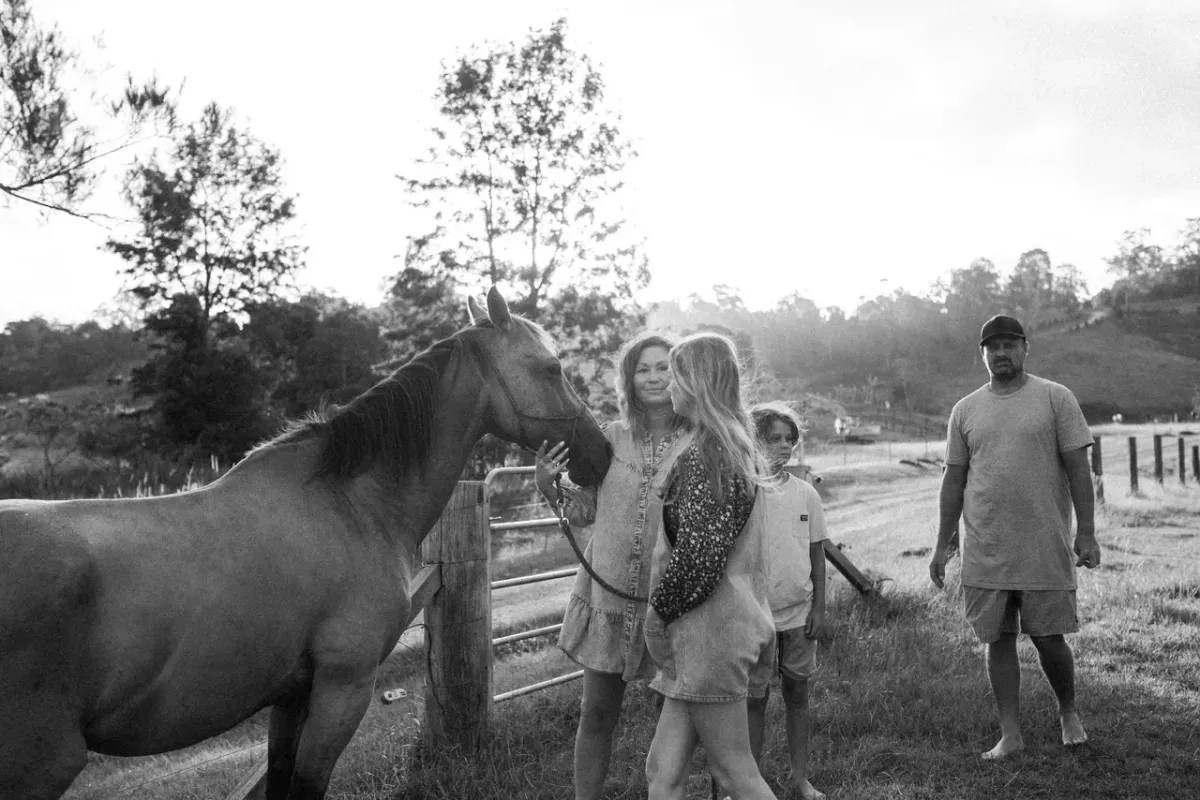
The One Decision That Changed Everything
Why Choosing the Right Guardian Matters
When parents think about estate planning, they often focus on who will inherit their assets—the family home, bank accounts, or superannuation. But there’s one decision that can be even more important than all of that.
Who will raise your children if you’re no longer here?
For Sarah and James, this was a decision they had put off for years. They assumed the right people would step in if something happened to them. But when tragedy struck, they quickly realised that without a legal guardian named in their wills, things weren’t as straightforward as they thought.
Sarah and James’ Story
Sarah and James had two young boys, Max and Oliver. They had talked about who they would want to raise their kids if something ever happened to them, but they had never actually formalised it in writing.
Their assumption was that Sarah’s sister, Emma, would take on the role. She was close to the kids, financially stable, and shared their values.
But when Sarah and James passed away in a sudden accident, their family found themselves in a nasty legal battle—one that could have been avoided.
What Went Wrong?
After their passing, there was no clear legal direction on who should be responsible for Max and Oliver. Because Sarah and James hadn’t named a legal guardian in their wills, multiple family members stepped forward—each believing they were the best person for the job.
Emma, as expected, wanted to care for the boys. But James’ parents—who had always been very involved in their grandchildren’s lives—also believed they should be the ones to raise them.
With no legally named guardian, the matter ended up in the Federal Circuit and Family Court of Australia (FCFCOA), where a judge had to decide who should raise their children.
What was supposed to be a smooth transition for the boys turned into months of legal stress, uncertainty, and emotional strain—at a time when they were already grieving.
What Happens If No Guardian is Named?
In New South Wales, if both parents pass away without naming a guardian, the state can step in to determine what happens to the children.
Temporary Care Arrangements – If there is no immediate family member available, the NSW Department of Communities and Justice (DCJ) (formerly Family and Community Services) may step in to place the children in temporary care, either with extended family or in the foster care system.
Court Proceedings – If multiple family members want custody on a long term basis, the matter must go to the Federal Circuit and Family Court of Australia, where a judge will decide what is in the children’s best interests.
Potential Foster Care Placement – If no suitable family member is available or there is a dispute, the children may be placed into state care until a legal decision is made.
Financial Uncertainty – Without clear estate planning, the financial resources needed to care for the children may not be immediately available, causing further stress and disruption.
This process can take months—or even years—leaving children in legal limbo and adding further distress during an already difficult time. They can be exposed to conflict amongst family members and a further lack of stability in their everyday routines.
How Naming a Guardian Would Have Changed Everything
Had Sarah and James formalised their decision in their wills, it would have saved their children and family from unnecessary legal battles.
By naming a guardian, they could have:
✔ Ensured Max and Oliver had stability from day one instead of being caught in limbo.
✔ Prevented state intervention or foster care placement while legal matters were sorted.
✔ Avoided family disputes by making their wishes legally clear.
✔ Chosen someone who shares their values—rather than leaving it up to the courts.
What Happens If You Don’t Name a Guardian?
If you don’t name a testamentary guardian in your will, the court may have to step in and decide who will care for your children.
The Federal Circuit and Family Court of Australia will consider factors like:
Who has been involved in the children’s lives
The financial and emotional capacity of potential guardians
The children’s best interests
But the reality is, your voice won’t be heard—because you didn’t put it in writing.
Naming a guardian in your will ensures your children are raised by the person you trust most.
How to Choose the Right Guardian
Choosing a guardian isn’t just about who loves your kids the most—it’s about who can provide the right stability, guidance, and care.
Consider:
✔ Parenting values – Do they align with how you want your children to be raised?
✔ Financial stability – Will they be able to provide for your children long-term?
✔ Age and health – Will they be able to care for your children as they grow?
✔ Emotional readiness – Are they prepared for the responsibility?
Many parents also worry about the financial burden of guardianship. This is where estate planning can provide financial support for your chosen guardian—ensuring your children are well cared for.
Final Thoughts
Sarah and James’ story is a heartbreaking reminder that naming a guardian is one of the most important decisions you can make as a parent.
It’s not just about choosing someone—it’s about making sure the right legal steps are in place to protect your children.
If you haven’t named a guardian yet, now is the time.
At Family First Estate Planning, we make it simple. Book a consultation today to ensure your children’s emotional and financial future is as secure as possible.



